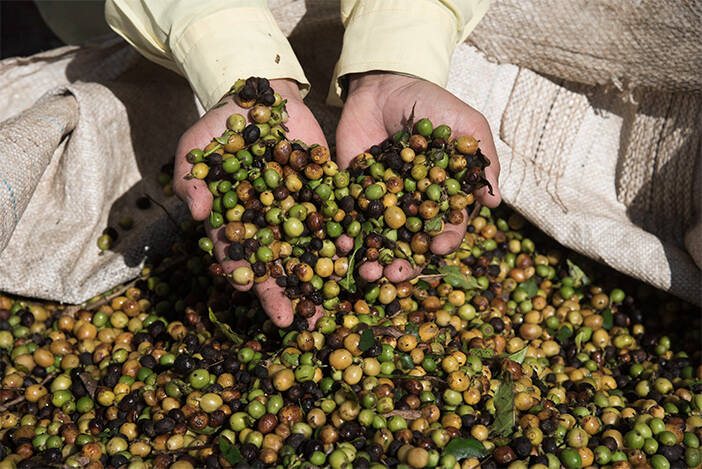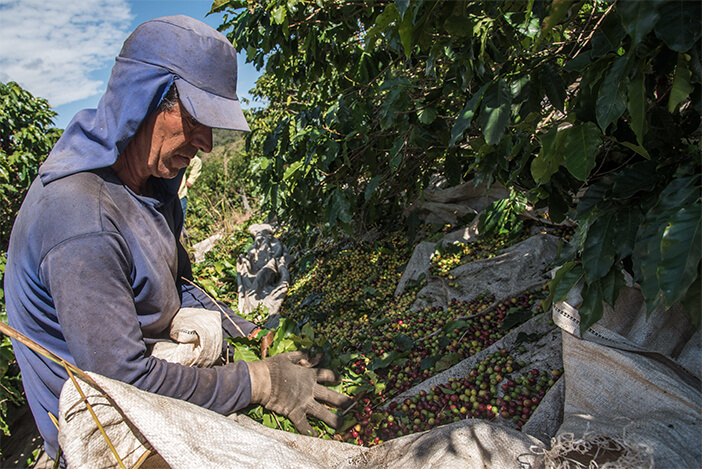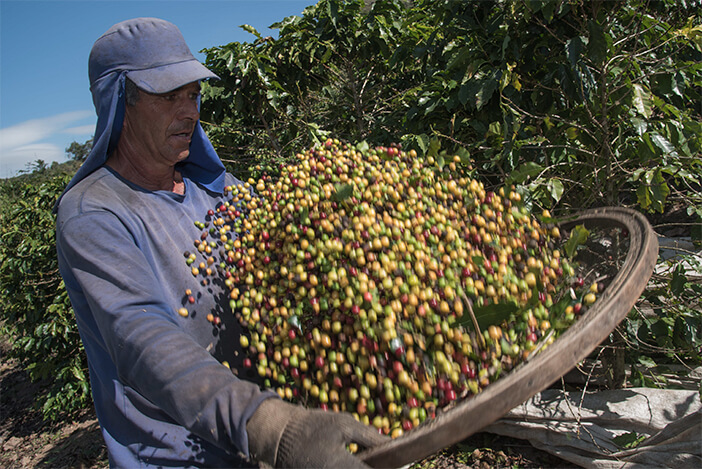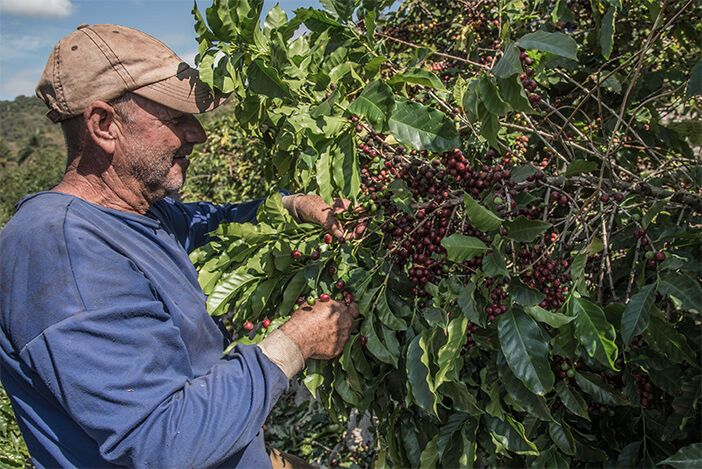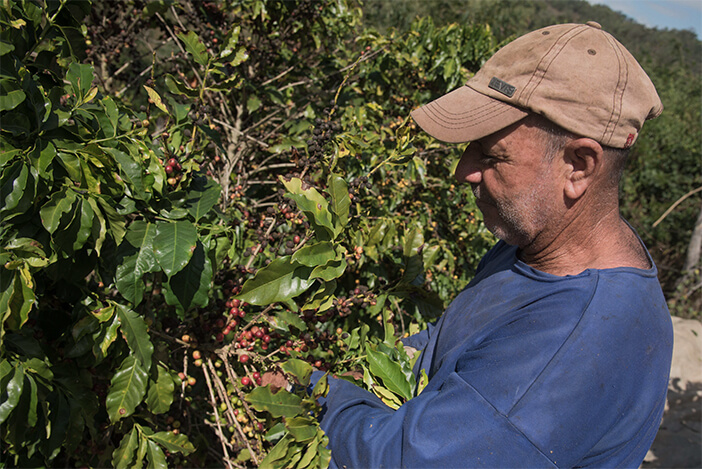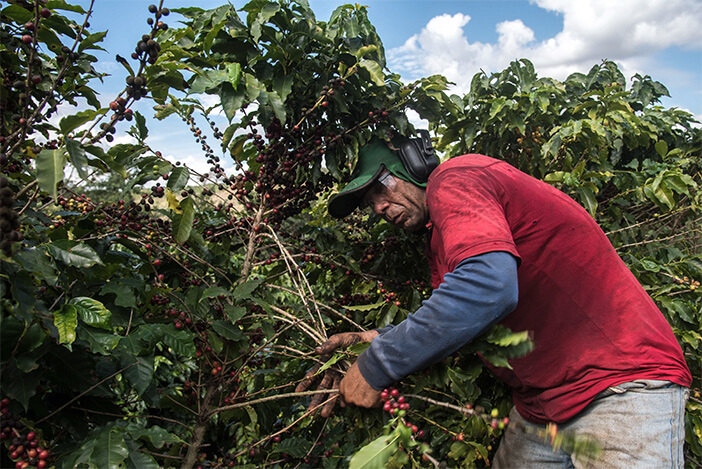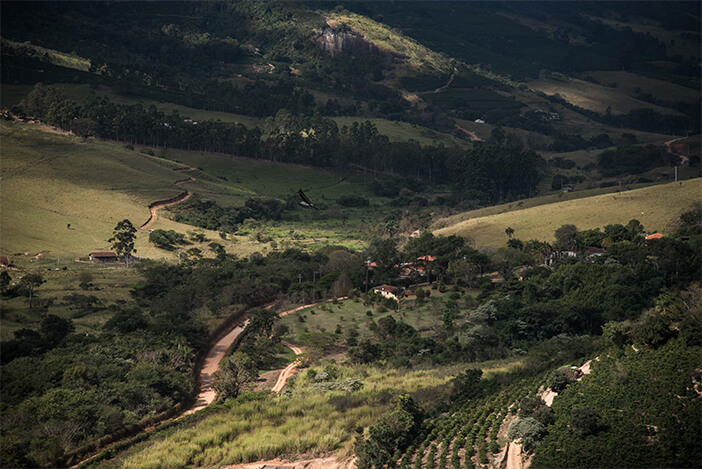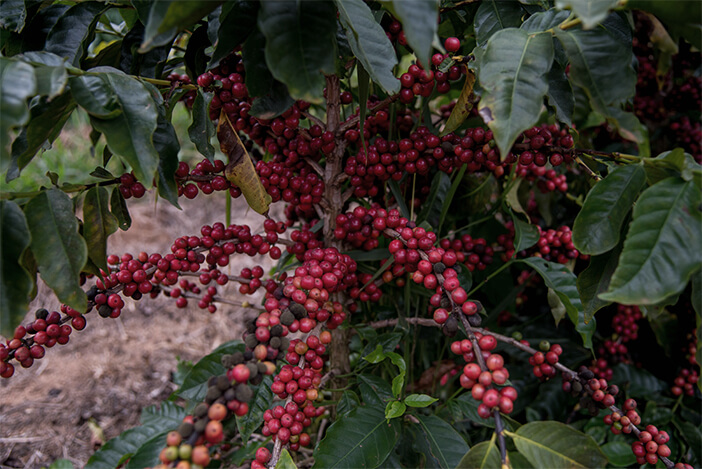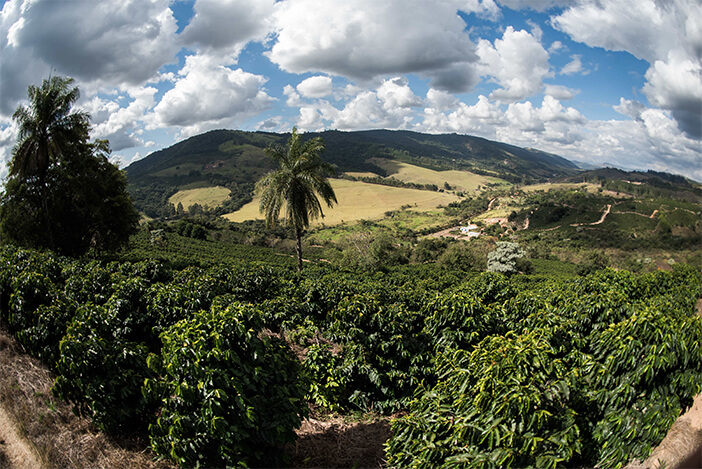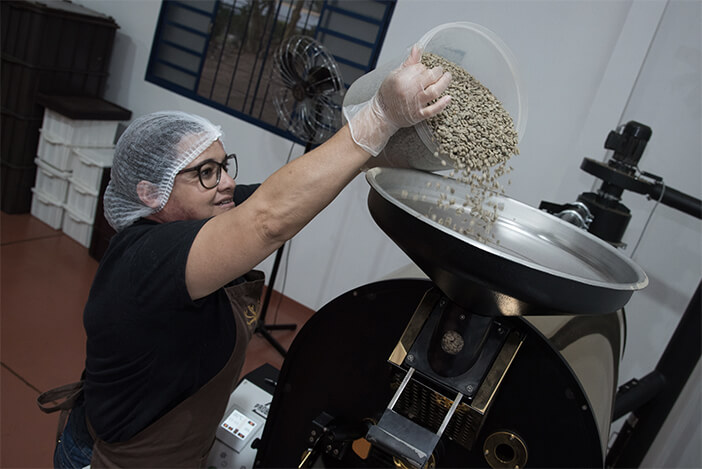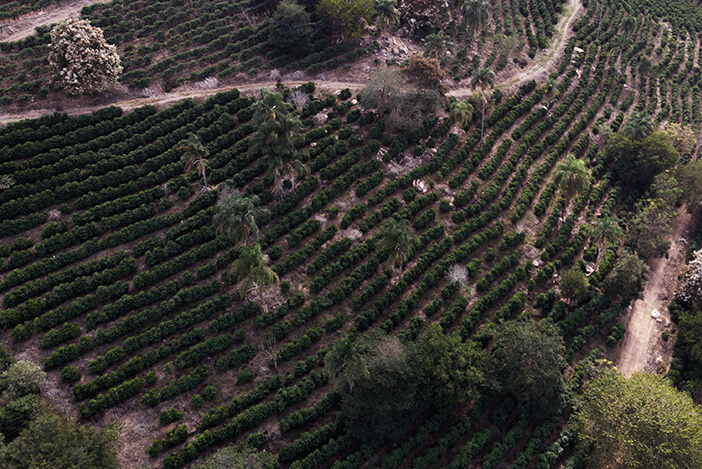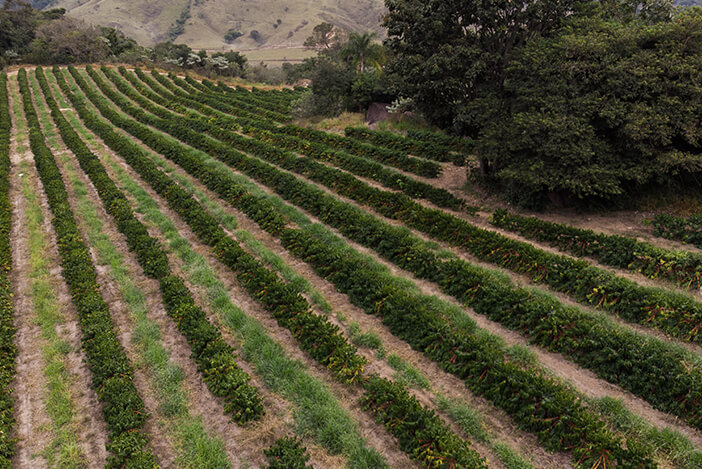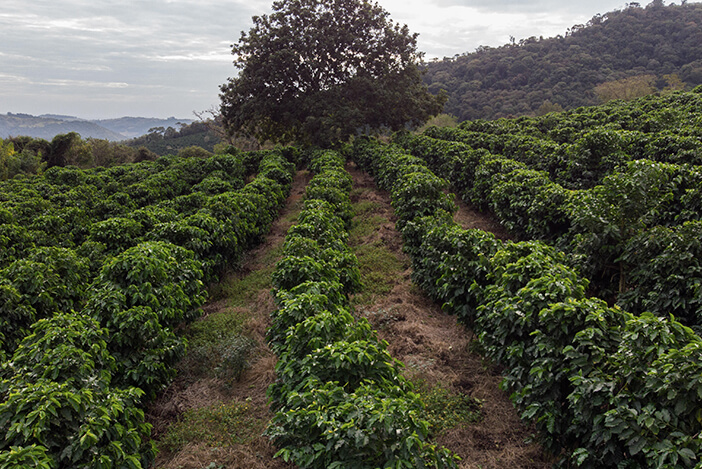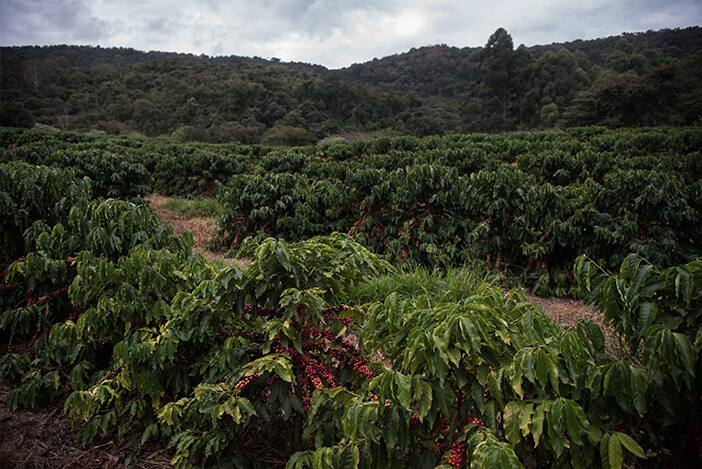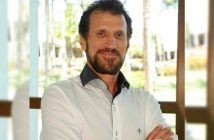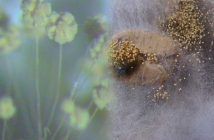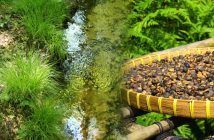Baobá is part of the agreement with the Federal University of Paraná, a worldwide reference in scientific studies of fermentation processes
The Baobá farm, in São Sebastião da Grama, countryside of São Paulo, began to be formed only 13 years ago by the then executive, Arnaldo Vieira, whose passion for coffee did not happen by chance. His father, born in the city of Porto, Portugal, immigrated to Brazil in 1940, when he was still an adolescent.
Upon arriving in Brazil, his first jobs were in elegant coffee shops in the old center of São Paulo.
As for the professional trajectory of Arnaldo, it had nothing to do with coffee. He designed his brilliant career of more than 40 years far from the fields. However, as an executive, he had the opportunity to travel to other countries very often, and was enchanted by the coffee when he tasted a real espresso in Italy. And that until the opportunity to buy a piece of land in São Sebastião da Grama, in the countryside of São Paulo, came up. Nonetheless, since he worked at the capital, he could only get out of his appointments and head to the farm on weekends.
Even so, he managed to build the farm as he wished.
At first, organic coffee
He spent five years growing organic coffees but, at the end of this period, he gave up on it because, according to him, it was economically unfeasible. “I was literally ripping money and I even reached the number of 100 employees,” he recalls.
It was then that, after giving up on organic coffee, he increased the planting area, made cuts in parts of the land, so as to be able to mechanize it, and greatly reduced the amount of labor. Nowadays, the Baobá farm has 580 hectares, 80 hectares of planted coffee. And, of these, 30 hectares are fully mechanized, especially the part of fertilization and spraying.
Recently, he confided that he is negotiating another 15 hectare area for planting, at 1440 meters of height.
His lands lie at an altitude between 940m (lower part) and 1400m (highest part). It has more than 330 thousand coffee trees and an estimated annual production of 2,400 bags. Currently, he has 17 fixed employees and 40 temporary ones, mainly at harvest time.
- Fazenda Baobá
- Fazenda Baobá
- Fazenda Baobá
- Fazenda Baobá
- Fazenda Baobá
- Fazenda Baobá
- Fazenda Baobá
- Fazenda Baobá
- Fazenda Baobá
- Fazenda Baobá
- Fazenda Baobá
- Fazenda Baobá
- Fazenda Baobá
- Fazenda Baobá
He plants eight different species of coffee: Yellow Catucaí 2 SL, Yellow Catucaí, Icatu, Obatã, New World, Yellow Bourbon, Tupi, Acaiá and Catiguá MG2. He has three different brands: specialty coffees microbatches, Onníe, Vó Nicota and Baobá.
“We are looking for the most resistant varieties to use on the farm, given that we started as an organic coffee farm and we had specific demands regarding pest resistance and sunstroke, among other issues,” says Arnaldo.
Controlled Fermentation
In the 13th São Paulo State Coffee Quality Contest, the Baobá farm was champion, in the Peeled Cherry category, with a coffee that naturally fermented in the yard. “Despite all the care we have always had with the handling process, what happened that year was a work of chance. We have never been able to do it again. And, as we wanted to produce more and better, we hired Ensei Neto as a consultant to understand how to produce quality coffee,” he explains.
“Until then, our notion of quality was very empirical. We thought that giving adequate fertilizer and fighting the pests was enough, since the old farmers in the region used to say that planting coffee in the grass region was only about fertilizing and letting nature do the rest. This may have had some value in the past, but not today. Definitely, not even in the field one may have lunch for free,” he smiles.
With the hiring of Ensei, the Baobá farm now has its sensory mapping and is part of the agreement with the Federal University of Paraná, which studies the processes of advanced fermentations in coffee cultivation in a scientific and profound manner.
“We now have sophisticated chemical and biochemical treatments, which include chromatography, for example,” the consultant explains. And that is nothing more than taking what does not matter and giving proper conditions for good material to develop.
Partnership with the Federal University of Paraná
The Baobá farm is one of the properties that are part of this agreement with the Federal University of Paraná. And through it, it is possible to annually develop works with fermentations and treatments, which evolve year by year.
During the process, a strict control is made, in which one will be measuring the demand for oxygen, CO2, monitoring PH differences and several other scientific parameters. Pulp mapping is also done so as to use microorganisms suitable for fermentation. And one may define their desired outcome: flavor type, aroma etc. “So we have a controlled result, as it is all about saying, before the fermentation process actually takes place, what we wish to get. That is control”, ends Ensei.
Picture and video Clodoir de Oliveira

